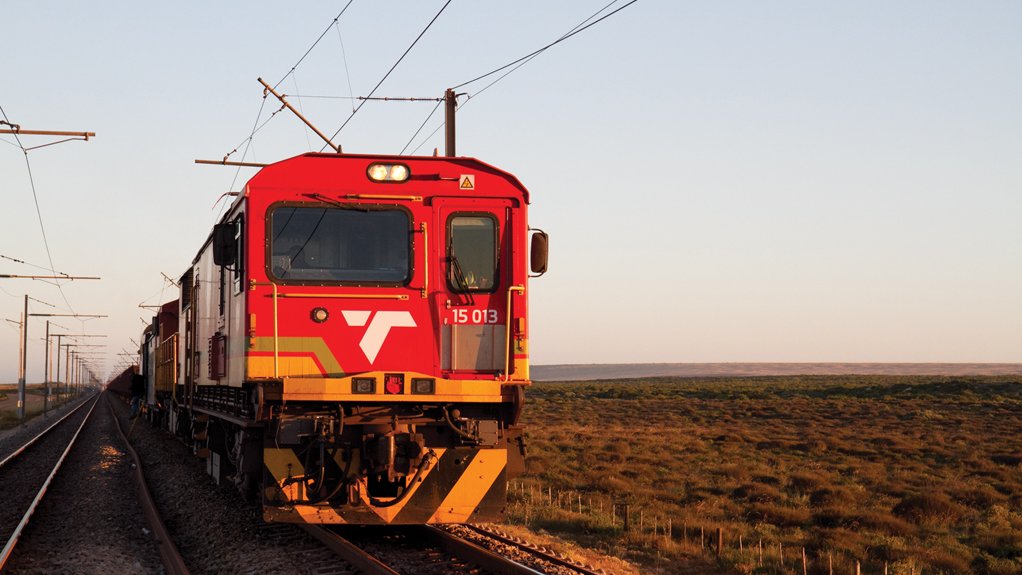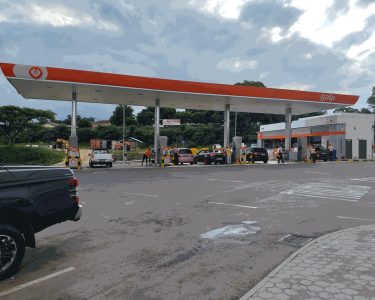
By Sifiso Sibandze
As South Africa’s state-owned rail and port operator Transnet battles with a logistics catastrophe threatening to plunge its economy to the doldrums, SADC economies should be under no illusion that their economies will elude the same crisis.
The SADC countries are all in the crisis together given South Africa’s role as an economic gateway for other African states to the rest of the world markets.
According to the South African Institute of International Affairs (SAIIA) study – “The Economic Gateway to Africa? Geography, Strategy and South Africa’s Regional Economic Relations” South Africa’s role as an economic gateway primarily depends upon location, physio-geographical conditions and regional transport infrastructure.
Infrastructure
Furthermore, the study found that Southern Africa depends upon South African transport infrastructure, ranging from railway lines and roads to airports and harbours, to connect to world markets.
Read More: Struggling intra-continental logistics to be boosted by AfCFTA
Against this backdrop, the embattled logistics company is struggling with major inefficiencies that have led to traffic being redirected to ports outside South Africa and spawned stockpiles of commodities that can’t be railed.
Transnet has been hobbled by a shortage of locomotive parts, theft of cables it uses to operate its electric trains and other inefficiencies brought about it being a monopoly.
Due to the bottlenecks at Transnet, management said in February that it was planning to cut down the 20 000km freight rail network it operates by 35 per cent so that it could focus on delivering profitable cargo loads. Notably, the challenges faced by the rails and ports operator have impacted the main line that transports coal from mines in the eastern Mpumalanga province to the port.
Challenges
With all these problems, experts in the rail transport sector are predicting an unavoidable erosion of several SADC member states economies including Eswatini as the countries will struggle to transport their commodities to various destinations.
The experts have observed that Transnet is the major player in the rail transport sector, but due to its challenges, it will cripple the other African economies because they will not be able to export and import much-needed commodities across the globe.
Read More: Transnet strike: Acute shortage of basic commodities including food and fuel to hit Eswatini
“The challenges faced by Transnet will have ripple effects on both the SADC and African regions and we will soon have a sporadic shortage of commodities in most countries. And the shortage of commodities is highly likely to trigger inflation which will batter and bruise consumers at the end of the day as consumables’ prices will soar,” Sigogodvolo Dlamini, a former Eswatini Railway executive said.
Dlamini further said as Transnet’s logistics crisis persists, businesses will end up resorting to using road transport (trucks), which in his view would be more expensive for importers and exporters. Dlamini said currently, road transport is cheaper than rail transport but once more importers and exporters use it, it will become expensive and that will again spark a hike in inflation.
Reforms
So serious is the Transnet problem that South Africa’s President Cyril Ramaphosa has told the company executive that it must remain focused on structural reforms to improve the efficiency and competitiveness of the transport sector in the long term.
“One of these reforms is to enable third-party access to the freight rail network by private rail operators, while the network itself remains in the ownership of the state,” Ramaphosa said.
However, the state company has rejected an offer from Anglo American Plc to take over the running of its ore line, which is one of its most profitable routes, but battles to move sufficient volumes.
“Transnet must quickly embark on a clear path to take us out of this crisis and ensure that the operation of our railways and ports contributes to the growth of our economy,” Ramaphosa said.



